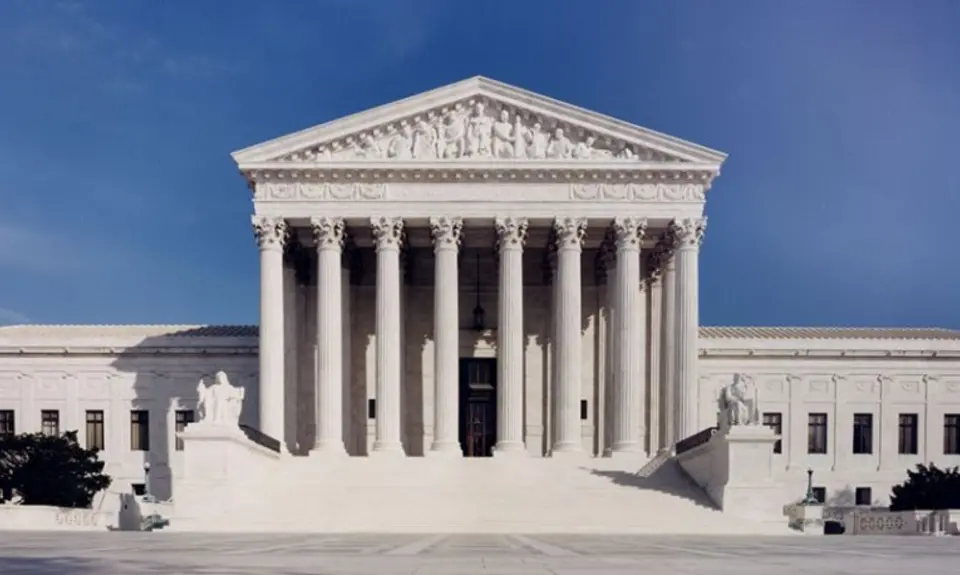“Confirmed Judges, Confirmed Fears” is a blog series documenting the harmful impact of President Trump’s judges on Americans’ rights and liberties. Cases in the series can be found by issue and by judge at this link.
Trump Sixth Circuit judge Chad Readler cast the deciding vote to throw out a challenge to Tennessee procedures that make it impossible for voters to verify or correct absentee ballots that are rejected because of signature match issues. A strong dissent pointed out that the decision was “yet another chapter” in the effort by some federal courts, especially those including Trump nominees, to “restrict the vote.” The October 2020 decision is in Memphis A. Phillip Randolph Institute v. Hargett.
Under a recent interpretation of Tennessee law, voters at risk of COVID-19 can cast absentee ballots in this election, so many more such ballots are expected. Tennessee has a restrictive procedure with respect to rejecting such ballots, under which if an election official thinks the signature on the ballot does not match the signature on the voter’s original registration form, the ballot is rejected and the voter cannot take any steps to try to verify or correct the ballot and have it counted. Voters are supposed to be “immediately” notified if an absentee ballot is rejected, but their only options are to send in a new absentee ballot and hope their signature is a better match or to vote in person.
Several organizations with members who wish to vote absentee and are also concerned about the diversion of their resources to help deal with rejected ballots filed suit earlier this year. They contended that the restrictive Tennessee procedure deprives voters whose absentee ballots are rejected of both the right to vote and of procedural due process because they cannot verify or correct their ballots. A district court rejected their request for a preliminary injunction, and they appealed to the Sixth Circuit.
In a 2-1 decision in which Trump judge Readler was the deciding vote, the appellate court affirmed the lower court. It did so not on the merits, however, but on the ground that the plaintiffs could not show concrete injury and thus had no standing to bring the suit, which is likely to result in complete dismissal of the case by the lower court. The majority claimed that plaintiffs could not show an “actual, concrete” threat of harm, but only “speculation” that some absentee ballots would be incorrectly rejected, particularly in light of the relatively low rejection rates in past elections.
Judge Karen Nelson Moore strongly dissented. Moore pointed out that the plaintiffs had provided “unrefuted evidence that many” Tennessee absentee ballot rejections are “highly likely to be erroneous” due to inadequate training and other factors. And even if the rejection rate remains low, Moore noted, it is “highly likely” that some of the plaintiffs’ 30,000-plus members “will be among the Tennessee voters who will suffer an erroneous rejection for perceived signature invalidity” in November. Moore went on to explain that the plaintiffs would also suffer organizational injury due to the necessary diversion of their resources to deal with the absentee voter problem, and that on the merits, plaintiffs had shown they were likely to prevail on their legal claims. In short, she concluded that as a result of the court’s decision, the state “is free to – and will – disenfranchise hundreds, if not thousands of its citizens who cast their votes absentee by mail.”
Judge Moore went on to decry the “many” federal appellate courts that have “sanctioned a systematic effort to suppress voter turnout and undermine the right to vote.” Most of the examples she cited involve decision where Trump judicial nominees have played a key role, such as in Georgia, Florida, and Wisconsin. “[R]uling by ruling,” she continued, “many courts are chipping away at votes that ought to be counted,” contradicting what should be the courts’ “foundational role in ensuring democracy’s function.” The decision in this case, she concluded, is “another drop in the bucket that is the degradation of the right to vote in this country,” and “I fear the day we come out from behind the courthouse doors only to realize these drops have become a flood.”
